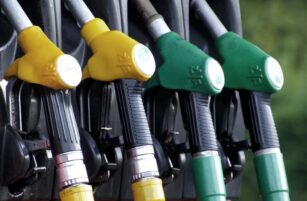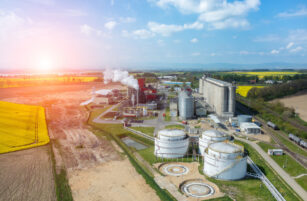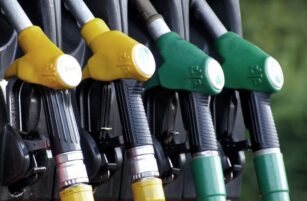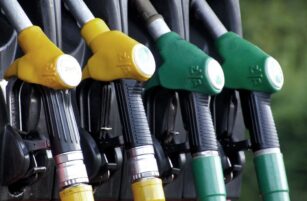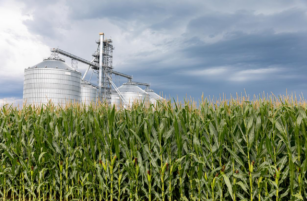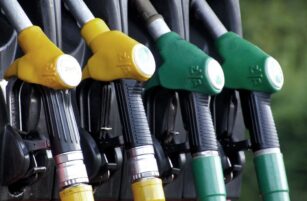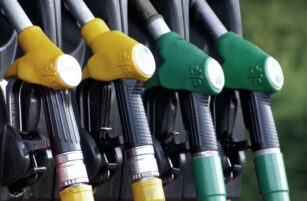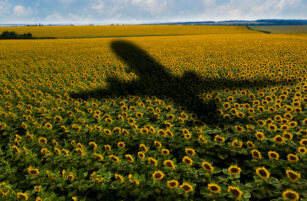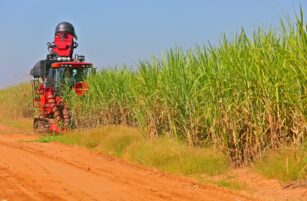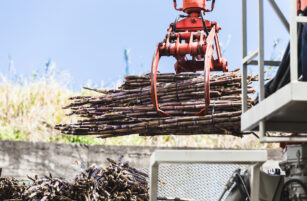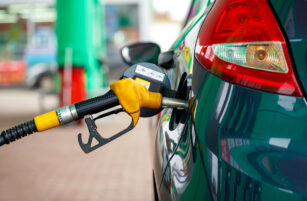Insight Focus
- Annual food price inflation hits 33.3% in Egypt.
- US allows warm-weather use of 15% ethanol blend in gasoline to cut fuel costs.
- WTO cuts trade outlook for 2022, warns against food trade restrictions.
Inflation data from around the world has started to reveal the effects of both the Russian invasion of Ukraine and supply-chain disruption caused by COVID.
Egypt’s annual inflation rate rocketed to 12.1% in March from 4.8% a year earlier, Al-Ahram quoted the Central Agency for Public Mobilisation and Statistics as saying. The increase was mainly driven by the 33.3% rise in food and beverage prices, Al-Ahram added.
In the USA, data from the Labour Department showed consumer prices rose by 8.5% year on year in March, the most since 1981. Stripping out food and energy, core annual inflation was 6.5%.
Elsewhere in the Americas, monthly inflation in Argentina rose to a near 20-year high of 6.7% in March, taking the annual rate to 55.1%, the Buenos Aires Times reported
In the UK, March annual consumer inflation hit a 30-year high of 7%, the Office for National Statistics said. Core inflation was 5.7%.
Retail inflation in India was 6.95% on an annual basis in March, the highest in 17 months. Food prices grew 7.68% year on year compared with 5.85% in February, Reuters reported.
Governments Move to Dampen Prices
In the US, President Joe Biden announced that the Environmental Protection Agency would temporarily exempt gasoline with a 15% ethanol blend (E15) from anti-pollution restrictions that effectively block E15 from being sold during warm weather in areas where smog is a problem, Bloomberg reported. It said a senior administration official estimated that the use of E15 could save motorists, on average, 10 cents a gallon.

In Peru, parliament passed legislation temporarily waiving taxes on essential foodstuffs such as bread, chicken, sugar and pasta, Reuters reported. The move came after month-on-month inflation hit a 26-year high in March of 1.48%.
Lebanon’s government agreed to disburse $15 million to ease growing bread shortages, Economy Minister Amin Salam told Reuters, while saying that the funds would only last a few weeks. Salam said the government was not currently considering lifting bread subsidies and would instead seek a USD 150 million agreement with the World Bank to improve food security because in the long term “we won’t be able to subsidize anything, much less bread”.
The Indonesian government is seeking to raise domestic food production through various strategies, such as by encouraging the development of food estates and providing better-quality seeds, the official Antara news agency quoted Minister of Agriculture Syahrul Yasin Limpo as telling a parliamentary committee.
Financial Choices
Sri Lanka’s central bank said it had become “challenging and impossible” to repay external debt, as it tries to use its dwindling foreign exchange reserves to import essentials, Reuters reported. “We need to focus on essential imports and not have to worry about servicing external debt,” Central Bank of Sri Lanka’s governor, P. Nandalal Weerasinghe, told reporters.
Nepal has restricted imports of non-essential goods – including cars, cosmetics and gold – after its foreign currency reserves dropped, the BBC reported. It quoted the central bank as saying the move was to limit imports without affecting those of essential goods.
Restricting Exports
The Belarusian government has imposed a ban on the export of salt, sugar and other food products due to the high demand in border areas, the Russian news agency Interfax quoted the government’s press service as saying. “The decision was adopted to protect the domestic market due to the increased demand in the border areas for food products, which are bought by individuals in [large] commercial quantities to be exported outside the Republic of Belarus,” the statement said.
The Russian government has distributed the quota for exporting sunflower oil among 54 companies, Interfax reported. It added that the quota for exporting sunflower oil will be 1.5m tonnes and 700k tonnes for oilseed meal. The quotas will apply from the 15th April to the 31st August. However, the World Trade Organisation stressed its opposition to any country restricting exports in a revision to its forecasts for global trade growth. The WTO said it now expected world merchandise trade volume to grow 3.0% in 2022 (down from 4.7% previously) and 3.4% in 2023. It cautioned that these figures may be subject to revision due to uncertainty about the course of the conflict in Ukraine.

“The war in Ukraine has created immense human suffering but has also damaged the global economy at a critical juncture. Its impact will be felt around the world, particularly in low-income countries, where food accounts for a large fraction of household spending,” WTO Director-General Ngozi Okonjo-Iweala said.
“This is not the time to turn inward. In a crisis, more trade is needed to ensure stable, equitable access to necessities. Restricting trade will threaten the well-being of families and businesses and make more fraught the task of building a durable economic recovery from COVID-19,” she added.
Changing Trade Patterns
Russia’s invasion of Ukraine is reshaping global trade patterns. China’s trade with Russia rose 12.76% on the year in March, slowing from 25.7% in February but still outpacing the 7.75% growth in China’s total imports and exports, Reuters reported.
An official delegation from Egypt, one of the biggest importers of wheat, visited India to explore the possibilities of sourcing grain from India to meet domestic demand, the Financial Express reported. Egypt previously sourced around 80% of its wheat imports from Russia and Ukraine.

The website also quoted Agricultural and Processed Food Products Exports Development Authority Chairman M Angamuthu as saying his organisation would be taking a trade delegation to Morocco, Tunisia, Indonesia, Philippines, Thailand, Vietnam, Turkey, Algeria and Lebanon to explore the possibility of boosting wheat exports from India.
The EU too is targeting North Africa for what it terms “food diplomacy”. It aims to address rising wheat and fertiliser prices and expected shortages in the Balkans, North Africa and the Middle East to counter Russia’s narrative on the impact of its Ukraine invasion, EU diplomats and officials told Reuters. The 27-member bloc also wants to boost international efforts to mitigate the impact of shortages, they said.
Sanctions Bite
Banana growers from three provinces in Ecuador blocked main roads across the country to demand government action to boost prices they say are too low for them to meet production costs.
The cost to produce each 18-kilogram box of bananas has risen above USD 5, Mirella Carrera, a banana producer from the province of Guayas told Reuters, but growers receive a maximum of 1.50 USD/box.
Around 25% of Ecuador’s banana exports go to Russia and 90% of all bananas consumed in Russia come from Ecuador, and the trade has been badly hit by Western sanctions.

In Russia itself, foreign suppliers have started to return advances for ordered equipment to the agricultural sector, Interfax reported. It quoted Deputy Agriculture Minister Elena Fastova as saying this mainly applied to equipment for dairy plants or farms.
Good News/Bad News
In India, two forecasters are predicting a normal monsoon for June-September. Both Skymet and the Indian Meteorological Department said the monsoon rainfall should be with in the 96-104% range of the long-period average (LPA). Skymet expects it to be 98% of the LPA with a plus or minus five-percentage-point margin of error. The IMD is forecasting 99% with the same margin of error.

The sowing campaign has been launched in all regions of Ukraine, except Luhansk in the east, the official Ukrinform news agency reported, citing Prime Minister Denys Shmyhal. Ukrinfrom said that under the pessimistic scenario, 70% of planted areas can be sown in Ukraine in 2022. If mine clearing operations are completed in the Chernihiv and Sumy regions in the coming weeks, the area of planted crops may increase to 80%.
Uganda is dealing with a different problem. The government is deploying pesticides to fight an outbreak of African armyworm, which devastates cereal crops and has been discovered in 35 districts of the country, Reuters reports. Uganda is a significant corn producer and exports a large part of its annual output to neighbouring countries including South Sudan, Democratic Republic of Congo and Kenya.
Other Insights That May Be of Interest…
Russian Food Self-Sufficiency: Reality or a Potemkin Village?
Will 2022 Be the Summer of Port Congestion?
Supply Chain Shocks Disturb Breakfast
‘New Normal Emerges for Supply Chains in the Americas
Fuel Price Hikes Spark Unrest & Food Insecurity
Explainers That May Be of Interest…


